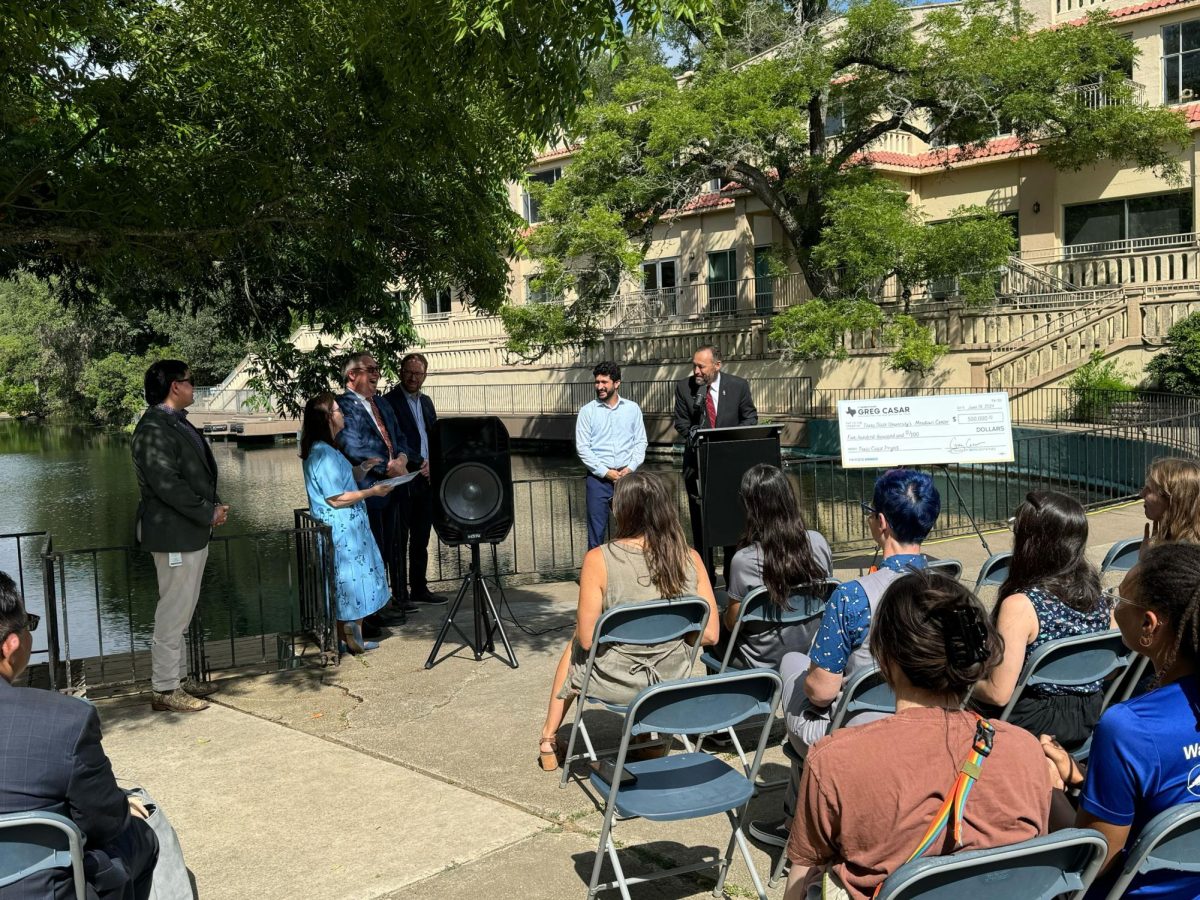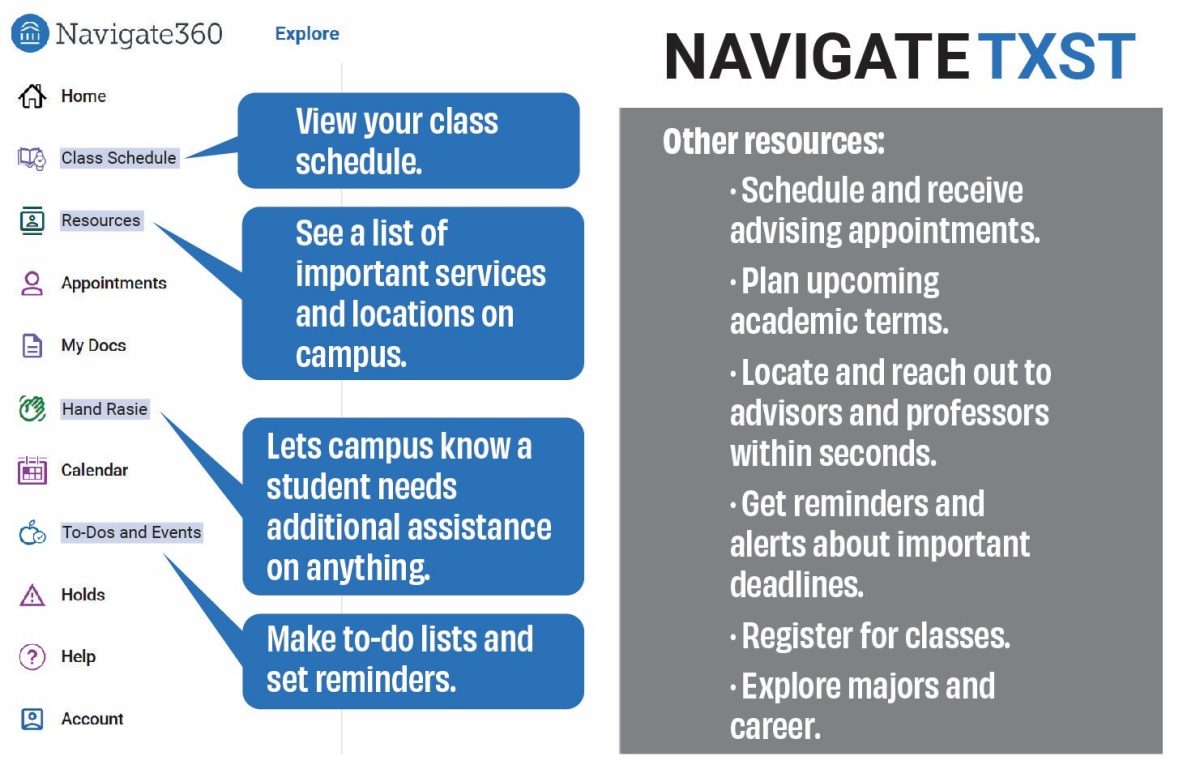While reviewing information on the student profile in Texas State’s student interface, Catsweb, students discovered the university recorded citizenship statuses, a fact students have called into question.
Many issues surrounding immigration have impacted the San Marcos area, including I.C.E. detaining a woman in Wimberley and the ongoing contention on campus surrounding DACA.
Gary Ray, associate vice president for Enrollment Management, said the information is gathered at the time of a student’s application to college and is collected by all public Texas universities.
“State institutions are obligated to make these determinations,” Ray said. “This is a standard question included on the Apply Texas application.”
The citizenship question allows the institution to make timely processing decisions for international students requiring visa documentation, according to Ray.
The Texas Higher Education Coordinating Board Resident Statement requires all students to answer these questions. Students of public Texas universities are classified as either a resident or non-resident, which affects eligibility for resident tuition and financial aid.
“Texas Higher Education Coordinating Board rule 21.25 requires each student applying to enroll at an institution to respond to a set of core residency questions for the purpose of determining the student’s eligibility for classification as a resident,” the Core Residency Questions page states.
Hector Vazquez, member of SCOPE, the Student Community of Progressive Empowerment, said his biggest concern is this information getting into the hands of other governmental agencies.
“With the current US and Texas administration, it would seem reasonable to fear that an agency such as I.C.E. could be granted access to certain records,” Vazquez said. “I’ll speak for myself and say that I was fearful giving the university, and by extension the state government, my family’s address.”
The Office of the University Registrar is responsible for holding the records for all students, including their citizenship status. University Registrar Louis Jimenez said the information is handled with caution.
“A student’s personal information is very private and very secure,” Jimenez said. “It is only available to the student and to university personnel with a need to know. The only student information released is specific directory information, which allows the university to verify enrollment to employers.”
While the Federal Educational Rights and Privacy Rights Act allows this, Jimenez said students have the ability to block this release by submitting a written request to the Registrar’s Office within the first 12 days of the fall or spring semester. Citizenship status and other private information is still protected.
“The FERPA law allows us to report certain student information to outside entities such as The Department of Education, the NCAA for student-athletes and the Veterans Administration for military personnel if they are performing an investigation,” Jimenez said.
Any other release of information must be authorized in writing by the students, Jimenez said.
More about FERPA’s regulations on the dissemination of student information can be found on Texas State’s website.
Students notice record of citizenship status on Catsweb, university representatives cite policy
May 29, 2018

A screenshot of Catsweb showing citizenship status.
Donate to The University Star
Your donation will support the student journalists of Texas State University. Your contribution will allow us to purchase equipment and cover our annual website hosting costs.




























